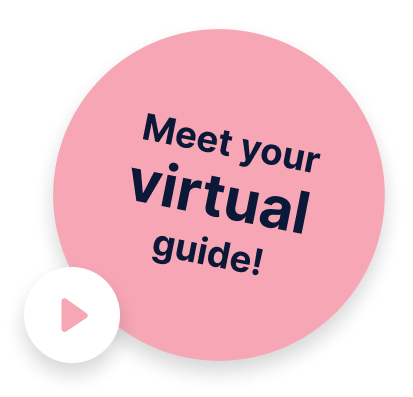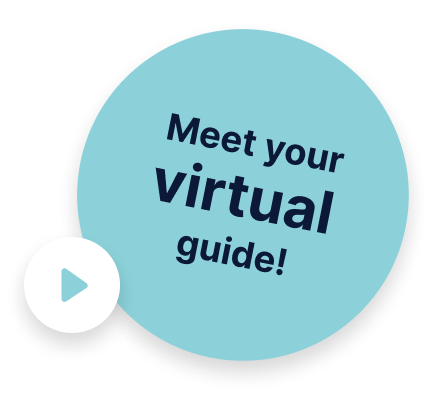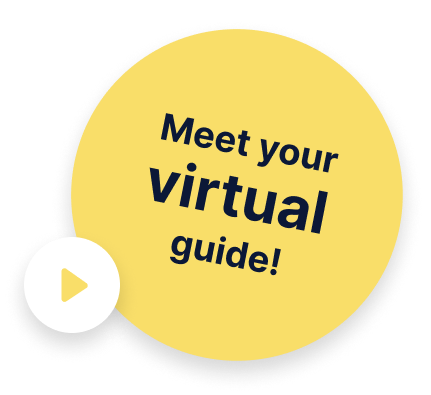
Professional pathways
Navigating work with ADHD is about balancing your confidence with professional expectations by blending your strengths with the workplace.
You can still be authentic while adapting in ways that feel right and build connections while enjoying your job.
Here, you’ll find tips to help you land your dream career and thrive at work.
Download the package
All information provided in this resource has been carefully reviewed and drawn from reputable sources, including recognised health, education, and wellbeing organisations. It is intended for general informational purposes only and should not replace individual advice from a qualified professional.




